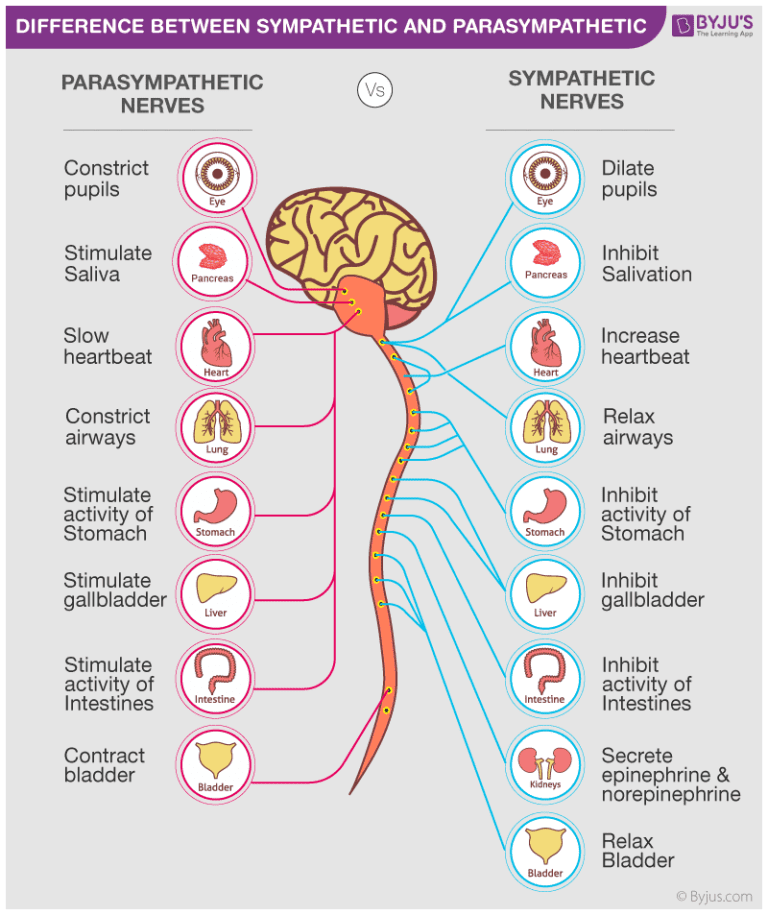Cold Plunge Pool Pro
$889.00 NZD

Ice Baths have been increasingly popular as a powerful method to tap into the body’s innate ability to heal itself. These therapeutic cold water immersions used to be found in high-performance sports facilities and wellness spas, but Freeze Tub has since modified its use and designed a durable, portable Ice Bath to have at home. One of the key advantages of ice baths is their ability to enhance blood circulation throughout the body. This increased blood flow contributes to lowering high blood pressure and fortifying the immune system.
Athletes, in particular, can greatly benefit from incorporating cold water therapy into their recovery routines. It’s worth noting that the practice of Ice Baths is not exclusive to athletes or specialized centres anymore. Nowadays, anyone can effectively practice cold water immersion therapy in the comfort of their own home. By harnessing the healing potential of their bodies through Ice Baths, individuals can take control of their well-being and experience the remarkable benefits that come with it.

Cold water immersion therapy is not a new thing, although you may have been seeing this a little more on your newsfeed, way before smartphones and cars – cold water therapy has been ‘a thing’ and it dates back to 300BC.
Hippocrates, in ‘Aphorisms’ preferred the cold water therapy approach to heal inflamed, acute injuries to the body and spoke of the benefits to chronic pains (and illnesses) (Garcia et al., 2020)
Over the years since, there have been numerous studies validating Hippocrates theories where today, it is well known to help both physical and mental wellbeing. Let us explore the science behind ice baths where we’ll discuss how repetitive, cold plunging can benefit short-term inflammatory conditions, or injury to greatly improve mental capacity, mind-body connection, heart health, and even your parasympathetic nervous system.
Vasoconstriction
A Key Player in Recovery One of the primary mechanisms behind ice bath therapy is vasoconstriction, which refers to the narrowing of blood vessels. When exposed to cold water, the body’s blood vessels constrict, reducing blood flow to the muscles and tissues. This constriction effectively helps to minimize inflammation and swelling, providing relief to those suffering from acute injuries or muscle soreness. Moreover, vasoconstriction assists in flushing out metabolic waste products, such as lactic acid, from the muscles, aiding in their recovery process.
Cold-Induced Analgesia
Numbing Pain Away Have you ever applied an ice pack to soothe a painful injury? The principle behind this lies in cold-induced analgesia, which refers to the numbing effect of cold temperatures on nerve endings. Ice bath therapy takes this principle to a whole-body level. By immersing oneself in icy water, the sensory receptors are temporarily numbed, resulting in a reduction of pain sensations. This analgesic effect can be particularly beneficial for athletes or individuals recovering from intense workouts, providing a natural and drug-free method to manage post-exercise discomfort.
Hormonal Response
A Cascade of Healing Signals Ice bath therapy also triggers a hormonal response within the body. Cold water immersion stimulates the release of specific hormones, including adrenaline and noradrenaline, which are associated with the body’s stress response. While stress hormones might seem counterintuitive to healing, in this context, they serve a beneficial purpose. Adrenaline and noradrenaline possess anti-inflammatory properties and aid in enhancing the body’s resilience to stress. These hormonal signals work in harmony to support the healing process and improve overall well-being.
The Athlete’s Ally
Enhancing Performance and Recovery Ice bath therapy has become particularly popular among athletes due to its potential to enhance performance and expedite recovery. Following intense physical exertion, such as high-intensity workouts or sports competitions, athletes often experience muscle fatigue, inflammation, and delayed onset muscle soreness (DOMS). Cold water immersion has shown to be effective in reducing these symptoms by promoting faster recovery, improving cardiovascular circulation, and facilitating a quicker return to optimal performance levels. Additionally, ice baths help lower body temperature after exercising in hot environments, reducing the risk of heat-related injuries.
and your Parasympathetic Nervous System and Vagus Nerve Stimulation
The vagus nerve constitutes an intricate assemblage of lengthy nerve fibres that establish a connection between the cerebral region and the visceral organs with the abdominal cavity.
Approximately, 75% of the parasympathetic nervous system is comprised of these fibres (Tindle and Tadi 2020). The parasympathetic nervous system governs physiological processes during periods of relaxation and actively contributes to the preservation of internal equilibrium.
It is also responsible for the regulation of the digestive tract and normalises heart rate.
The parasympathetic nervous system is also intricately involved in the modulation of emotional states and mental well-being – told you cold water therapy is the bomb.

Effect of Aquatic Physical Therapy on Chronic Low Back Pain:
A Systematic Review and Meta-Analysis.
This systematic review and meta-analysis evaluate the effectiveness of aquatic physical therapy in alleviating pain intensity, improving quality of life, and reducing disability in patients with chronic low back pain.
More cold water immersion therapy information can be found on our blog.
Read ArticleCold Water Immersion and Recovery from Intense Exercise: A Meta-Analysis
This meta-analysis investigates the impact of cold water immersion on recovery following intense exercise, focusing on muscle soreness and performance
Read ArticleThe Effects of Cold Water Immersion on Recovery from Exercise-Induced Muscle Damage: A Systematic Review and Meta-Analysis
This systematic review and meta-analysis assess the efficacy of cold water immersion in reducing muscle soreness and enhancing recovery after exercise-induced muscle damage.
Read ArticleCold Water Immersion and Recovery from Exercise-Induced Muscle Damage: A Systematic Review and Meta-Analysis.
This study examines the effects of cold water immersion on recovery from exercise-induced muscle damage, providing insights into its potential benefits
Read ArticleBeyond the cold baths: contemporary applications of cold-water immersion in the treatment of clinical depression and anxiety
This paper delves into the physiological mechanisms triggered by cold exposure or cold water immersion. It has been reported to have several positive effects on health, including enhancement of the immune and cardiovascular systems and improvement of depression, sleep disturbance, vitality, mood, and relaxation
Read Article